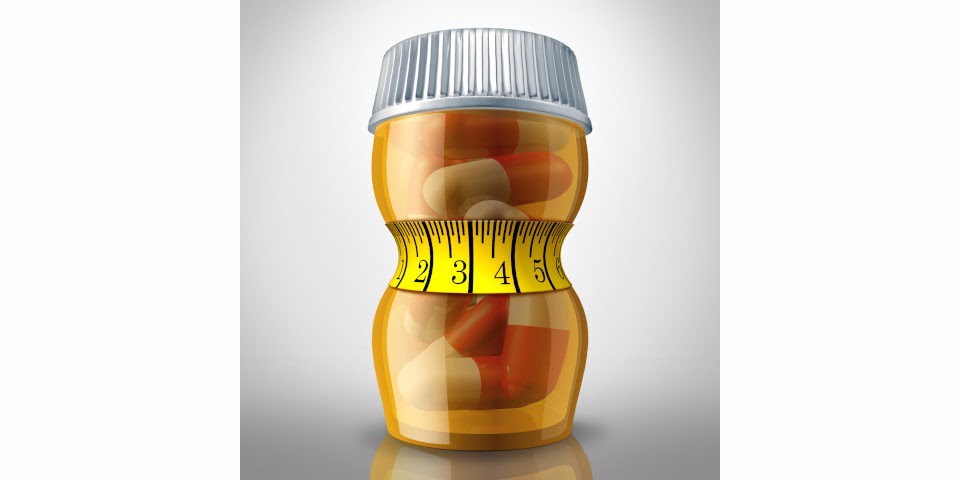Contrave, a dual acting oral weight loss medication which helps control hunger and cravings has been approved by the TGA.
It is the first combination of naltrexone – an opioid antagonist, and bupropion – a dopamine and noradrenaline reuptake inhibitor, both of which are approved and have been in use for a number of years.
Developed by the Head of the Monash Biomedicine Discovery Institute’s Department of Physiology, Professor Michael Cowley, Contrave works on neural pathways involved in the regulation of appetite and food cravings.
“Studies have shown two key areas of the brain are involved in the regulation of food intake – the hypothalamus is the appetite regulatory centre and the mesolimbic dopamine circuit is reward system. Both influence the ability to lose weight and sustain weight loss while on therapy,” Professor Cowley said.
“Contrave offers, for the first time, a unique combination of two established compounds, the opioid antagonist naltrexone and the dopamine and norepinephrine (noradrenaline) reuptake inhibitor bupropion, which are thought to act on these neural pathways to facilitate weight loss.”
Head of Clinical Obesity Research at the Baker Heart and Diabetes Institute, Professor John Dixon, said that obesity is a complex medical condition and a burgeoning public health issue in Australia which is challenging for clinicians to manage.
“Achieving and sustaining weight loss is difficult, most likely due to the complex brain pathways that regulate body weight and defend the body against weight loss,” he said.
“The default position of the brain is ‘you must eat’ but there are whole lot of hormones that turn that off. If only one of those hormones is out on its signalling, you end up with obesity.
“Contrave is interesting because no one would have expected Italics>naltrexon<Italics or Italics>bupropione<Italics on to have much effect individually. Fortunately, through some very clever work by Head of the Monash Biomedicine Discovery Institute’s Department of Physiology, Professor Michael Cowley and his research team, it has been discovered that the bupropion was having an effect but the effect was being counteracted by the opioid feedback.
“They realised getting people off that opiod feedback resulted in the melanocortin pathway, which is the hunger trigger, being switched down.
“New treatments that work to control hunger and cravings are a welcome addition to currently available options for the management of obesity and overweight.”
The struggle with over-eating due to hunger and cravings was highlighted in a YouGov Galaxysurvey, sponsored by iNova Pharmaceuticals, of 1,038 Australian adults, with almost a quarter (24%) believing that learning how to control cravings would help prevent their overeating while one in five (20%) cited controlling their hunger.
In addition, 41% of respondents with obesity believe that you need to reduce your bodyweight by more than 10% to achieve any significant health benefits.
“Studies have shown that a five percent weight reduction has considerable health benefits, including lowering blood pressure, blood lipid levels and improving the body’s response to insulin,” Professor Dixon said.
Contrave, from iNova Pharmaceuticals, is not listed on the Pharmaceutical Benefits Scheme but is available by private prescription and will cost around $230-$250 per month.








